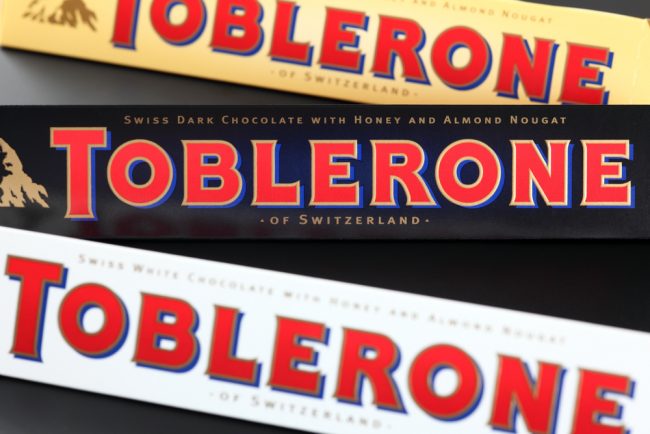The chief executive of Tesco has fired a fresh warning shot at multinational consumer brand owners, such as Marmite’s parent company Unilever, by asking them not to push currency-related price hikes on to British shoppers.
In his first comments since last month’s “Marmitegate” stand-off, Dave Lewis said consumers should not be asked to pay “inflated prices” due to fluctuations in currencies, such as the post-referendum slump in the pound.
“I spent 28 years working in a multinational and there are always elements of currency volatility in businesses like that,” said Lewis, who joined Tesco from Unilever two years ago. “When there is devaluation, what multinationals do is they present sales at constant and current exchange rates and the City understands.
“The only thing we would ask is that companies in that position don’t ask UK customers to pay inflated prices in order that their reporting currency is maintained. They don’t do that to countries outside of the UK.”
The Marmite dispute resulted in gaps on Tesco’s shelves after the UK’s largest supermarket chain refused to accept price increases of about 10 per cent on household brands ranging from Marmite to Persil and Flora in order to accommodate the falling price of sterling. The stand-off was resolved quickly, although neither side has disclosed the terms of the peace deal.
Sainsbury’s chief executive Mike Coupe has also argued that major suppliers should take the hit resulting from the falling value of the pound, as many were far more profitable than the retailers they served. Since the Brexit vote, suppliers have been demanding higher prices, with Birds Eye fish fingers and Walkers crisps among the high-profile examples.
Lewis said it was a multinational’s right to try to push through a price increase but it was also Tesco’s right to say “we will no longer stock them if they do so without a justified reason”.
Tesco was not “naive” to inflationary pressures in the marketplace, Lewis said, but with a large commodities team sourcing ingredients for its own brand food business, it had a lot of insight with which to negotiate supplier deals. “Where a cost is real and justified, we will sit down [with a supplier] and discuss how we can offset it,” he said.
Official figures this week fanned fears that the weak pound was raising costs for British businesses and would soon be felt by consumers. The price of materials and fuels for manufacturers rose 12.2 per cent in the year to October 2016, the biggest increase for five years. There were also signs they had started to pass some of those higher costs to customers as factory gate prices rose 2.1 per cent on the year, the biggest increase for more than four years.
Lewis said Tesco was already seeing inflation in certain categories, singling out pork, with the currency impact being felt “commodity by commodity, product by product”.
After five years of declines, Tesco has started to win back market share in the UK as shoppers respond to price cuts and investment in customer service. According to the most recent data from Kantar Worldpanel, sales rose by 2.2 per cent in the 12 weeks to 6 November, up from 1.3 per cent reported last month, making it the only one of the big four chains to record growth.
Lewis is leading the turnaround of the grocer, which faced the biggest crisis in its history in 2014 when a whistleblower alerted him to an accounting scandal that revealed profits had been artificially inflated. Following a Serious Fraud Office investigation, three former Tesco executives will face trial on fraud charges next year.
His comments came as Tesco’s senior management briefed reporters from its new headquarters in Welwyn Garden City in Hertfordshire on its three-year plan to rebuild profits.
In the wake of the accounting scandal, Lewis closed its previous head office in nearby Cheshunt in favour of the new campus, where buildings have names such as Smile and Pear, and where top executives hot desk.
At last month’s half-year update, Lewis set a target that by 2020 it would earn between 3.5p and 4p of operating profit for every £1 customers spend. The group currently makes 2.2p in the pound. To get there, however, the grocer needs to slash a further £1.5bn from its cost base by making its stores and distribution network more efficient.
Tesco plans to unlock cash tied up in its large store estate by selling the “air rights” above stores in prime locations. Finance director Alan Stewart said an initial 28 stores has been identified for projects that could lead to developers building flats over stores and excess car park space turned into new residential or business premises.
The chain also plans tie-ins with Sir Philip Green’s Arcadia group, potentially opening dozens more concessions for its Dorothy Perkins, Burton, Evans and Wallis chains inside its supermarkets.


